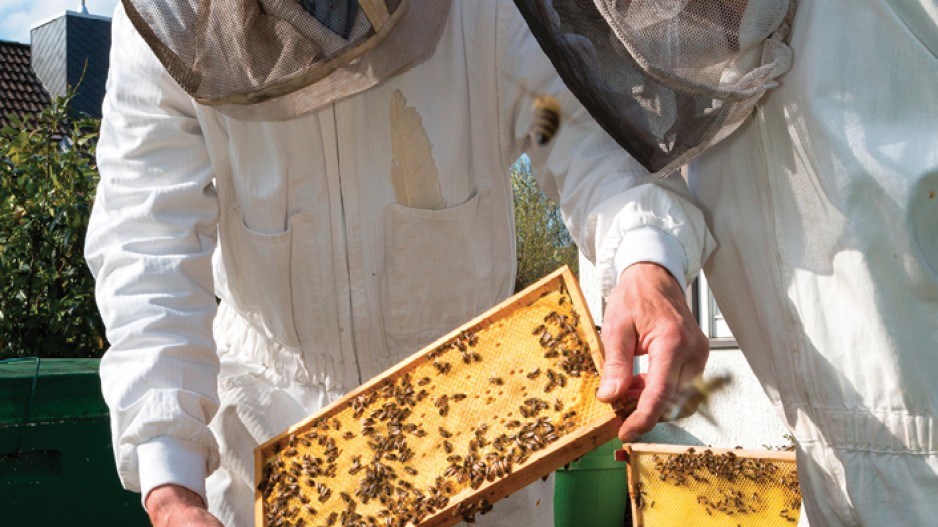British Columbia has proven to be fertile ground for agribusiness over the last several years, and now a recent government funding initiative, along with new research innovations, has made B.C.’s agriculture sector even richer.
Growing Forward, a federal-provincial-territorial initiative, was launched in 2008 to support Canadian agriculture innovation. Over five years, B.C. invested $553 million, and in late 2013, Growing Forward 2 was announced. It will have $3 billion available for investment.
Nineteen companies have taken advantage of the program, which will make available $13.4 million in federal and provincial funding to B.C. businesses.
“This program promotes the creativity of our province’s agriculture industry and supports increased sales through the development of new products and practices,” said Ken Bates, chairman of the Investment Agriculture Foundation.
The program has already fostered some groundbreaking research, with $1.8 million spent so far.
Neova Technologies Inc. is an Abbotsford-based bio-pharmaceutical company researching how purified natural proteins can be used as a feed additive in honeybee colonies.
“You’ll probably have heard on the news … that the bee populations are going down worldwide, and this is due to a number of reasons,” said Yuncia Gao, a Growing Forward applicant and research scientist at Neova Technologies.
“Some are due to fungal problems, some are bacterial problems, and our project is to see if our product can help out in that regard, to kill the bacteria or the fungi and enhance the strength of the hives.”
Neova received $167,170 in Growing Forward 2 funding to conduct its research.
Gao said that for a small company like hers, the money is invaluable.
“We need to work with beekeepers, we need to do all the preparation work, we need to find out who has problems.
“Then we need to supply them with our product, with the equipment they can use to apply our product. Then we need to buy some equipment for them to monitor the bee behaviour during the winter.
“Also we need to analyze the honey samples. So it’s a whole range of things we need to spend money on.”
Each company receives different amounts of funding through the grant depending on its needs.
“You have to justify if your project is a viable project or not, and if it’s useful for the industry,” Gao said.
“And then you need to prepare a budget, and it has to be a reasonable budget.”
The most money awarded to a company so far was $250,000 to Terroir Cheese in Armstrong to develop ways of producing sustainable raw-milk artisanal cheeses. The Growing Forward 2 program is scheduled to run until 2018, with the aim of turning B.C. agriculture into a $14 billion-a-year industry. •
Privately funded innovation remains healthy food industry option in B.C.
A company located at the University of British Columbia is developing new health food products based on research into hemp seed omega oil.
“Hemp has a really interesting omega-3 to omega-6 ratio, which is optimal for natural body wellness, specifically brain function, heart function, things like that,” said Joseph Denniston, director of product development at Boreal Technologies.
“The specific product that we’re looking for in hemp is the omega-3s and the omega-6s that are the lipids, the fatty acids.”
The idea is to deliver a timed-release mechanism for delivering medicine, through “liposome encapsulation,” which protects oils from being dissolved during digestion, so when they reach the small intestine, more of the drug can be absorbed by the bloodstream.
Boreal has recently been working with Port Coquitlam-based Naturally Splendid to market the product and is working on acquiring a national distribution deal.




